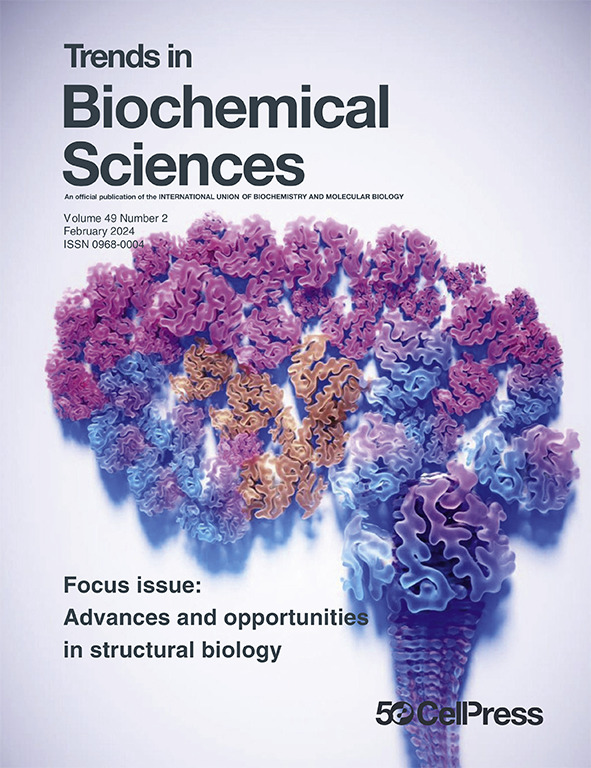New opportunities to overcome T cell dysfunction: the role of transcription factors and how to target them
IF 11.6
1区 生物学
Q1 BIOCHEMISTRY & MOLECULAR BIOLOGY
引用次数: 0
Abstract
Immune checkpoint blockade (ICB) therapies, which block inhibitory receptors on T cells, can be efficacious in reinvigorating dysfunctional T cell responses. However, most cancers do not respond to these therapies and even in those that respond, tumors can acquire resistance. New strategies are needed to rescue and recruit T cell responses across patient populations and disease states. In this review, we define mechanisms of T cell dysfunction, focusing on key transcription factor (TF) networks. We discuss the complex and sometimes contradictory roles of core TFs in both T cell function and dysfunction. Finally, we review strategies to target TFs using small molecule modulators, which represent a challenging but highly promising opportunity to tune the T cell response toward sustained immunity.
克服 T 细胞功能障碍的新机遇:转录因子的作用及其靶向方法。
免疫检查点阻断(ICB)疗法可阻断T细胞上的抑制性受体,从而有效重振功能失调的T细胞反应。然而,大多数癌症对这些疗法没有反应,即使有反应的肿瘤也会产生抗药性。我们需要新的策略来挽救和招募不同患者群体和疾病状态下的 T 细胞应答。在这篇综述中,我们定义了 T 细胞功能障碍的机制,重点关注关键转录因子 (TF) 网络。我们讨论了核心 TF 在 T 细胞功能和功能障碍中复杂且有时相互矛盾的作用。最后,我们回顾了使用小分子调节剂靶向 TFs 的策略,这是调整 T 细胞反应以实现持续免疫的一个极具挑战性但又大有希望的机会。
本文章由计算机程序翻译,如有差异,请以英文原文为准。
求助全文
约1分钟内获得全文
求助全文
来源期刊

Trends in Biochemical Sciences
生物-生化与分子生物学
CiteScore
22.90
自引率
0.70%
发文量
148
审稿时长
6-12 weeks
期刊介绍:
For over 40 years, Trends in Biochemical Sciences (TIBS) has been a leading publication keeping readers informed about recent advances in all areas of biochemistry and molecular biology. Through monthly, peer-reviewed issues, TIBS covers a wide range of topics, from traditional subjects like protein structure and function to emerging areas in signaling and metabolism. Articles are curated by the Editor and authored by top researchers in their fields, with a focus on moving beyond simple literature summaries to providing novel insights and perspectives. Each issue primarily features concise and timely Reviews and Opinions, supplemented by shorter articles including Spotlights, Forums, and Technology of the Month, as well as impactful pieces like Science & Society and Scientific Life articles.
 求助内容:
求助内容: 应助结果提醒方式:
应助结果提醒方式:


